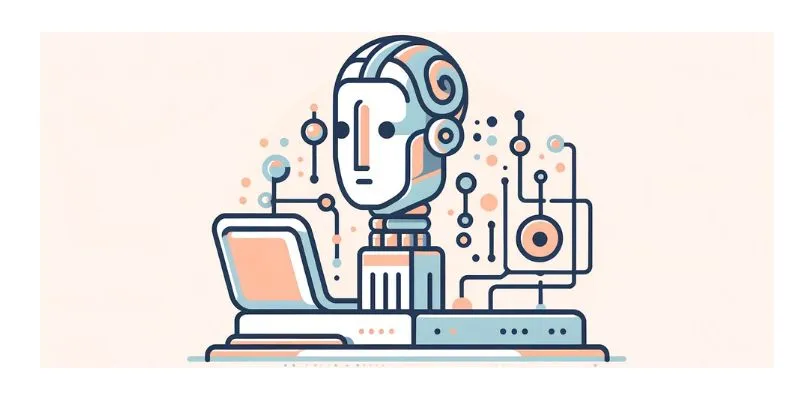
In the dynamic realm of software development, the assurance of high quality applications stands as a cornerstone. Traditionally, testing has been a meticulous, time-intensive process reliant on manual effort. However, the advent of Artificial Intelligence (AI) and Machine Learning (ML) has ushered in a new era for software testing, promising significant advancements through smarter tools and predictive analysis capabilities. Artificial Intelligence Course in Bangalore ensures high-quality education and access to experienced faculty and cutting-edge research
The Influence of AI and ML in Software Testing
- Automated Test Case Generation
AIpowered tools can automatically generate test cases by analyzing code and identifying potential vulnerabilities and edge cases. Unlike manual testing, which may overlook certain scenarios, AIdriven test case generation ensures comprehensive coverage, thereby enhancing the thoroughness and efficiency of testing processes.
- Intelligent Test Execution
Machine Learning algorithms enable intelligent test execution by learning from previous test outcomes and code changes. This adaptive approach allows AI to prioritize tests that are most likely to uncover critical defects in the current version of the software. By focusing testing efforts on highrisk areas, teams can optimize resources and accelerate the identification and resolution of issues.
- Predictive Analysis of Defects
ML models can leverage historical data from defect tracking systems and testing logs to predict potential issues in upcoming software releases. By identifying patterns and trends, AI can provide valuable insights into areas of the codebase that may be susceptible to defects. This proactive identification of potential issues empowers development teams to preemptively address them, thereby improving software reliability and minimizing postrelease surprises.Artificial Intelligence Course in Marathahalli are actively implementing AI solutions, providing students with opportunities to work on real-world projects and understand practical applications of AI.
- Enhanced Test Environment Management
AI facilitates the creation and management of diverse test environments that replicate realworld conditions. These environments can simulate different operating systems, network configurations, and user behaviors, ensuring that applications perform reliably across various scenarios. By accurately mimicking the complexities of deployment environments, AIdriven test environments help uncover compatibility issues and performance bottlenecks early in the development lifecycle.
Benefits of AI and ML in Software Testing
The integration of AI and ML into software testing offers several compelling advantages
Improved Accuracy and Coverage: AI tools excel in detecting subtle defects and ensuring comprehensive test coverage, surpassing the capabilities of traditional manual testing methods.
Efficiency and Speed: Automation of testing processes significantly reduces the time required for test execution and analysis, thereby accelerating the overall software development lifecycle.
Cost Efficiency: By automating repetitive tasks and optimizing resource allocation, AIdriven testing solutions contribute to cost savings while enhancing productivity and software quality.
Challenges and Considerations
While the benefits of AI and ML in software testing are substantial, there are challenges and considerations to address:
Skillset and Training: Adopting AIpowered testing tools necessitates training and upskilling teams in AI and ML technologies to leverage these tools effectively.
Data Quality and Privacy: Ensuring the quality, relevance, and security of data used to train AI models is crucial to avoid biased results or privacy breaches.
Integration with Existing Processes: Seamless integration of AIdriven testing tools with existing development and testing workflows requires careful planning and alignment to maximize effectiveness and minimize disruption.
The Future of AI and ML in Software Testing
Looking ahead, AI and ML technologies are poised to further revolutionize software testing practices. Future advancements may include enhanced predictive analytics capabilities, improved natural language processing for automated test script generation, and increased collaboration between AI systems and human testers. As these technologies continue to evolve, their role in ensuring software quality and accelerating development cycles will become even more indispensable.Training Institute in Bangalore helps students to continually develop their skills and knowledge in AI.
AI and ML are reshaping software testing by introducing smarter tools and predictive analysis capabilities. Through automated test case generation, intelligent test execution, predictive defect analysis, and enhanced test environment management, AI and ML empower development teams to deliver higherquality software more efficiently and costeffectively. Embracing these technologies is not just a competitive advantage but a necessity in today’s fastpaced software development landscape, ensuring that organizations can meet the demands for innovation, reliability, and scalability in their software products.
Also Check: Artificial Intelligence Interview Questions and Answers
